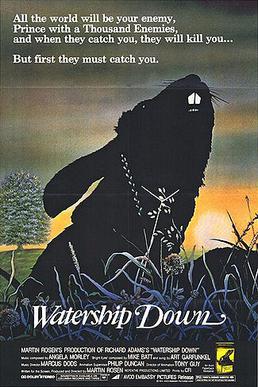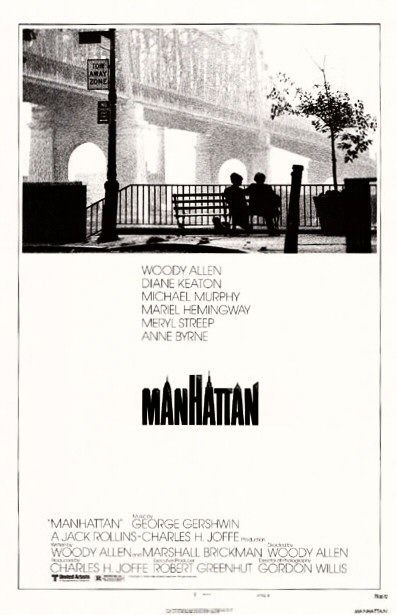Totally non-linear, and without a any kinda of typical structure, yet still totally coherant and engrossing. A film in which every single cut sizzles and pops with interest and style, probably the most interesting documentary film I have ever seen.
Welles truly was an incredible artist, and despite his own self-deprecation in this film, totally worthy of the praise he is given.
Taxi Driver (1976, Martin Scorsese)
And hot damn it's amazing. Possibly the most beautiful depiction of an urban setting in the history of film, garnished by Bernard Hermann's beautiful and bold score, and anchored by the simply incredibly Robert De Niro.
It fascinates me how audiences must have reacted to this film back in the seventies. This must have seemed like a feral beast entering their multiplex.
Watership Down (1978, Martin Rosen)
 The first animated film on this list and a truly beautiful one. One of the most emotionally complex films ever made, ranging from serine joy to jagged existential peril without any kind of inconsistencies in tone.
The first animated film on this list and a truly beautiful one. One of the most emotionally complex films ever made, ranging from serine joy to jagged existential peril without any kind of inconsistencies in tone.Nature has never been so stunningly animated nor as characterised in its own right. You feel the personality of the countryside in this film.
Also, the sequence with Art Garfunkel's beautiful song 'Bright Eyes' is easily one of the greatest pairings of music and image I have ever seen.
 Manhattan (1979, Woody Allen)
Manhattan (1979, Woody Allen)It hard for me to describe why I love this film so much. When compared to Annie Hall (which was also considered for this list) this film is far less realistic in its depiction of love in the modern age, but I think it this shunning of realism that makes me love it so much.
Allen creates what might be the purest and most optimistic portrayal of romance that has ever been made, a story in which the message is simply to be with the person you love and screw what everyone thinks.
Beautifully photographed and scored with the excellent music of George Gerschwin. This is a film that is certainly in my sights for a rewatch soon.
By Jack D. Phillips

